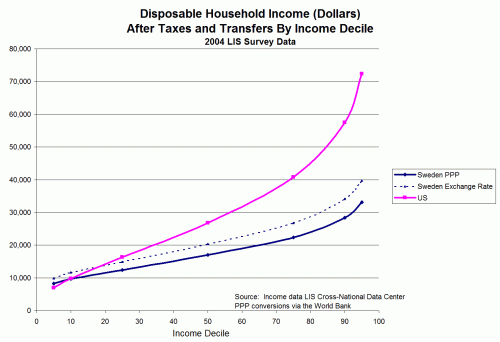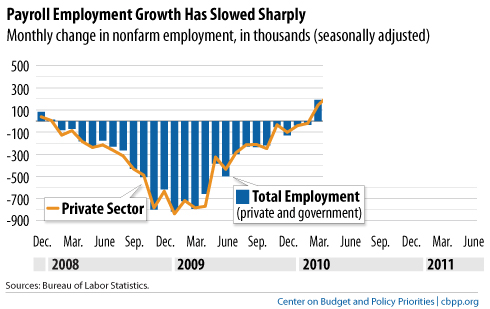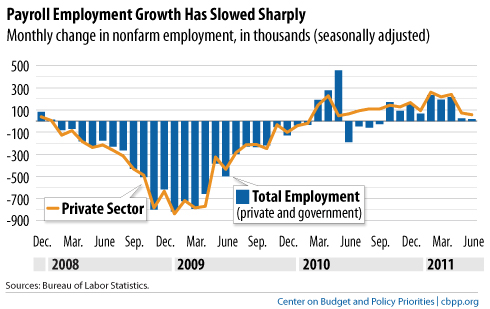Update on the Phoenix Light Rail Fail
A few weeks ago I posted Valley Metro's own numbers that showed that the billions spent on light rail in the Phoenix area have done nothing but case the stagnation of transit ridership in Phoenix. Light rail ridership actually fell substantially despite an expensive extension of the line.
Today, the Antiplanner has an update on light rail in Phoenix, and it is not pretty:
As of 2016, light rail carries less than 0.2 percent of all travel in the Phoenix urban area. The 2016 American Community Survey says that the same tiny percentage of commuters take light rail to work, which is unusual as transit’s commuter share is usually much higher than its total share. Phoenix light-rail ridership in the twelve months ending in June, 2018 was down 4.4 percent from the previous twelve months. Transit ridership for Phoenix as a whole is down 5.6 percent for the same time period.
Phoenix is one of many Sunbelt urban areas in which rail transit makes no sense at all. Aside from the Antiplanner’s argument that buses can move more people than light rail, rail systems only make sense where there is a high concentration of downtown jobs that a hub-and-spoke transit system can serve. According to Wendell Cox’s calculations, downtown Phoenix has only about 26,000 jobs, which is just 1.4 percent of jobs in the metropolitan area.
Phoenix is particularly unusual (though not unique) in that its suburbs are actually denser than the city itself. According to the 2010 census, the city of Phoenix has about 2,800 people per square mile, while its suburbs have nearly 3,500 people per square mile. With both jobs and population spread out, the region needs nimble, low-capacity transit if it needs any transit at all.
Arizona State University students make up a “substantial component” of light-rail riders. Until this year, students were able to buy transit passes for 200 for the nine-month school year, plus $75 for the other three months. The same passes would cost other members of the public $768 per year. Despite the steep discounts, student weekday ridership dropped by around 40 percent between 2011 and 2015.
The last paragraph reminds me that I forgot to discuss the issue with ridership and ASU students in my last post. A huge portion of Phoenix light rail ridership comes from two sources: subsidized ASU students and fans going to downtown sporting events. This helps to explain why the commuter share of Phoenix ridership is so low -- essentially, many of the light rail riders are not commuters but in these two other groups. Why we should be spending billions to subsidize bar crawls for already heavily-subsidized ASU students or to save sports fans money on downtown parking** is beyond me.
He has this good news:
The Phoenix city council is considering delaying or even killing some planned light-rail lines because it is concerned that city streets are falling apart and too much money is being spent instead on an insignificant form of travel.
** much of the downtown parking revenue for sporting events goes to the city and county, so cannibalization of this revenue is yet another hidden cost of light rail.





